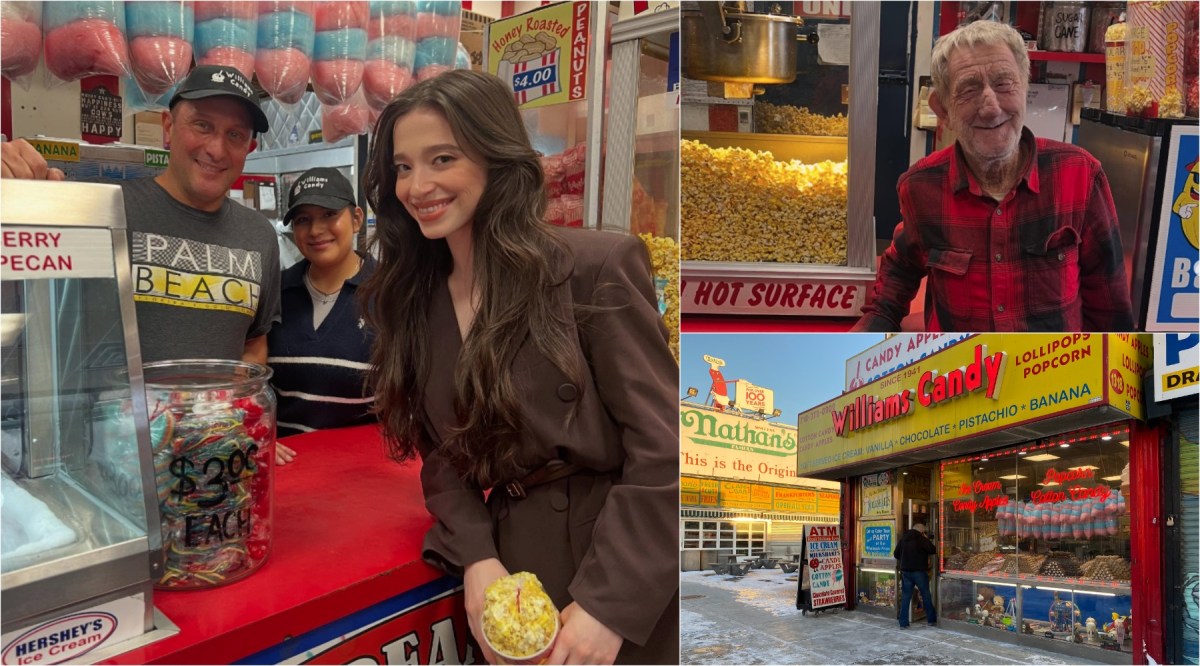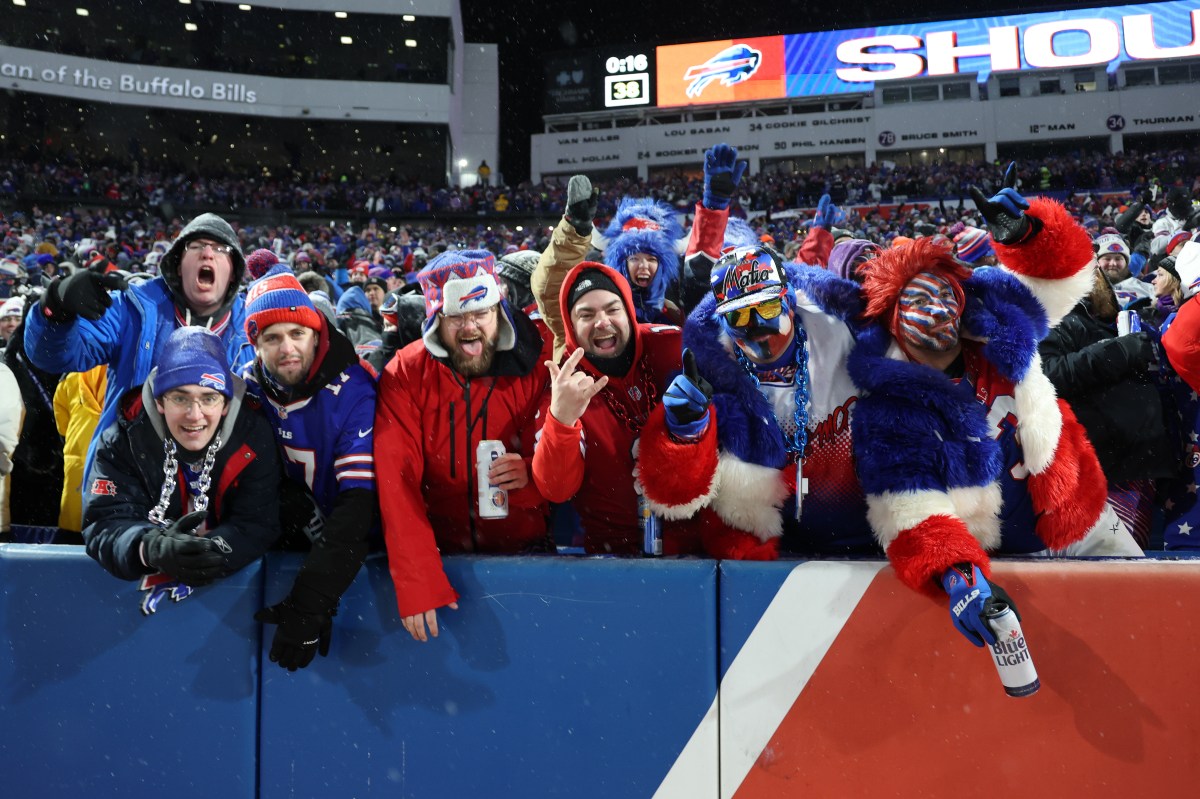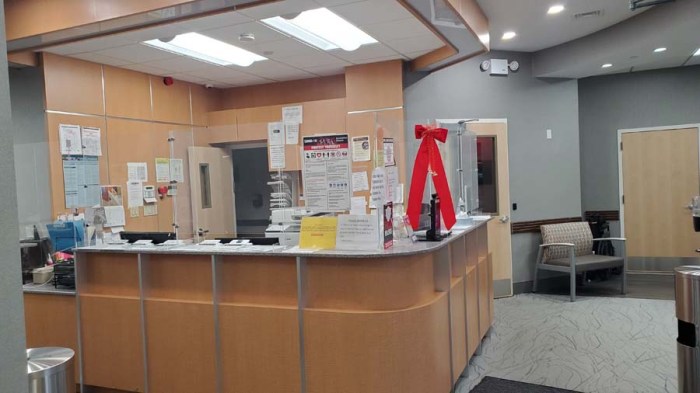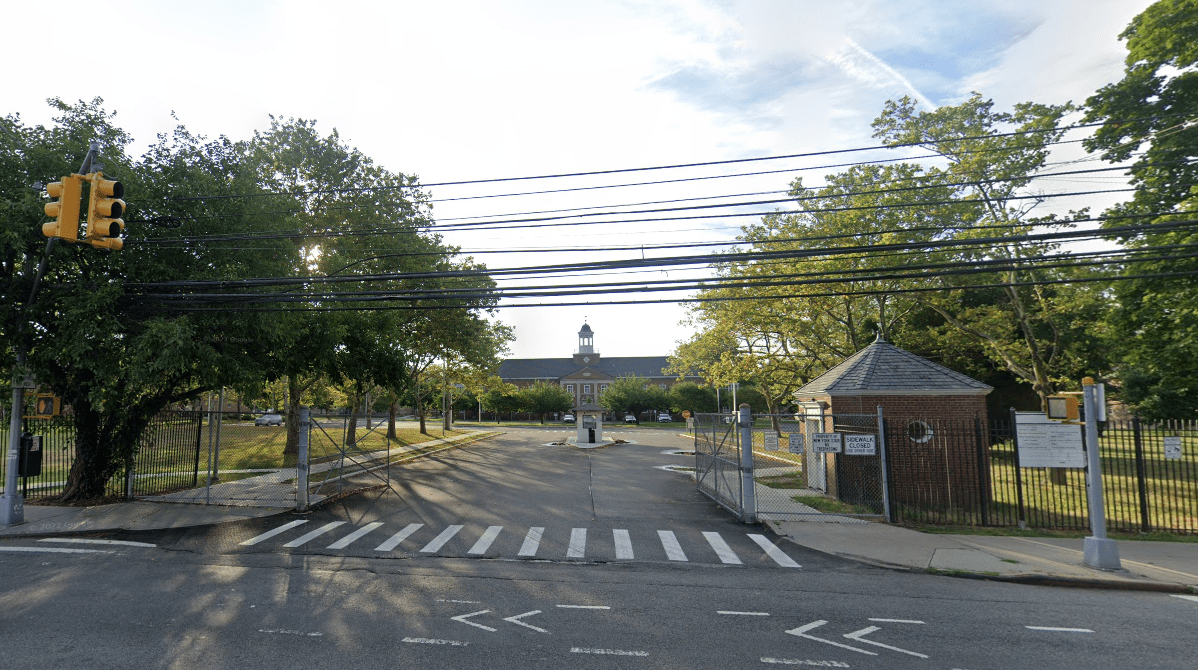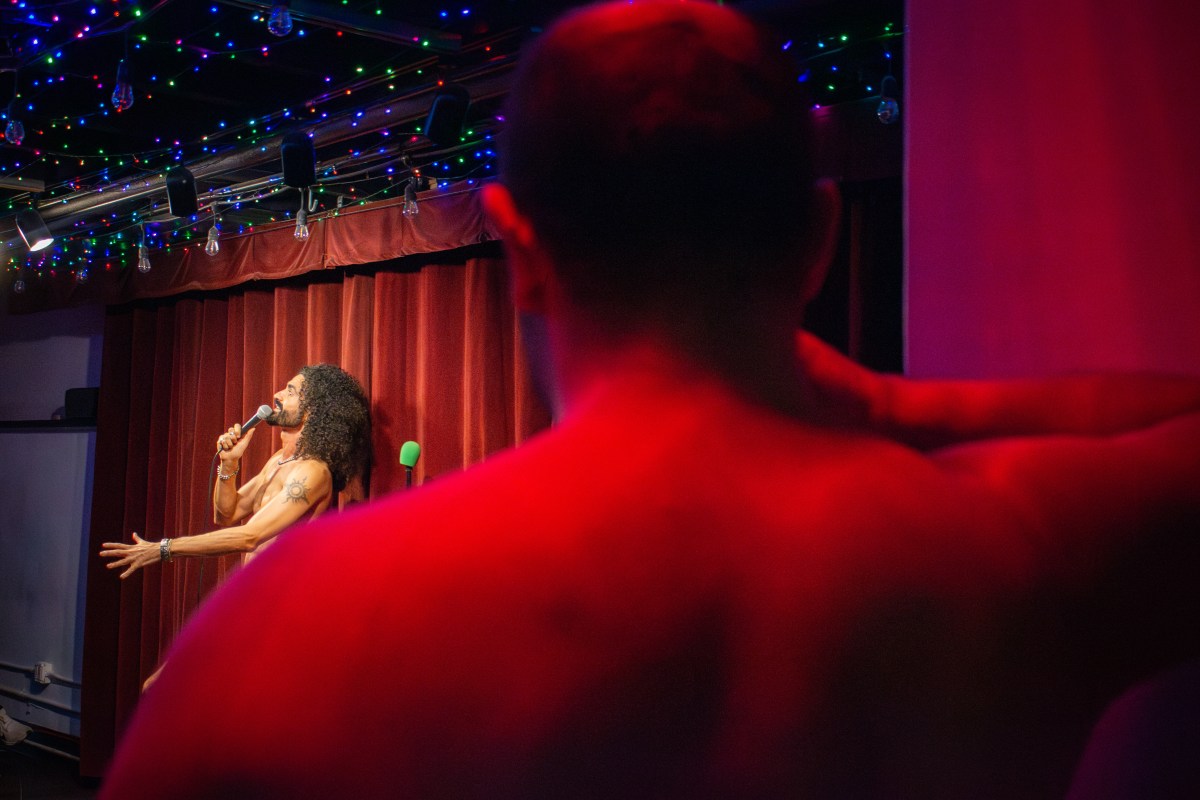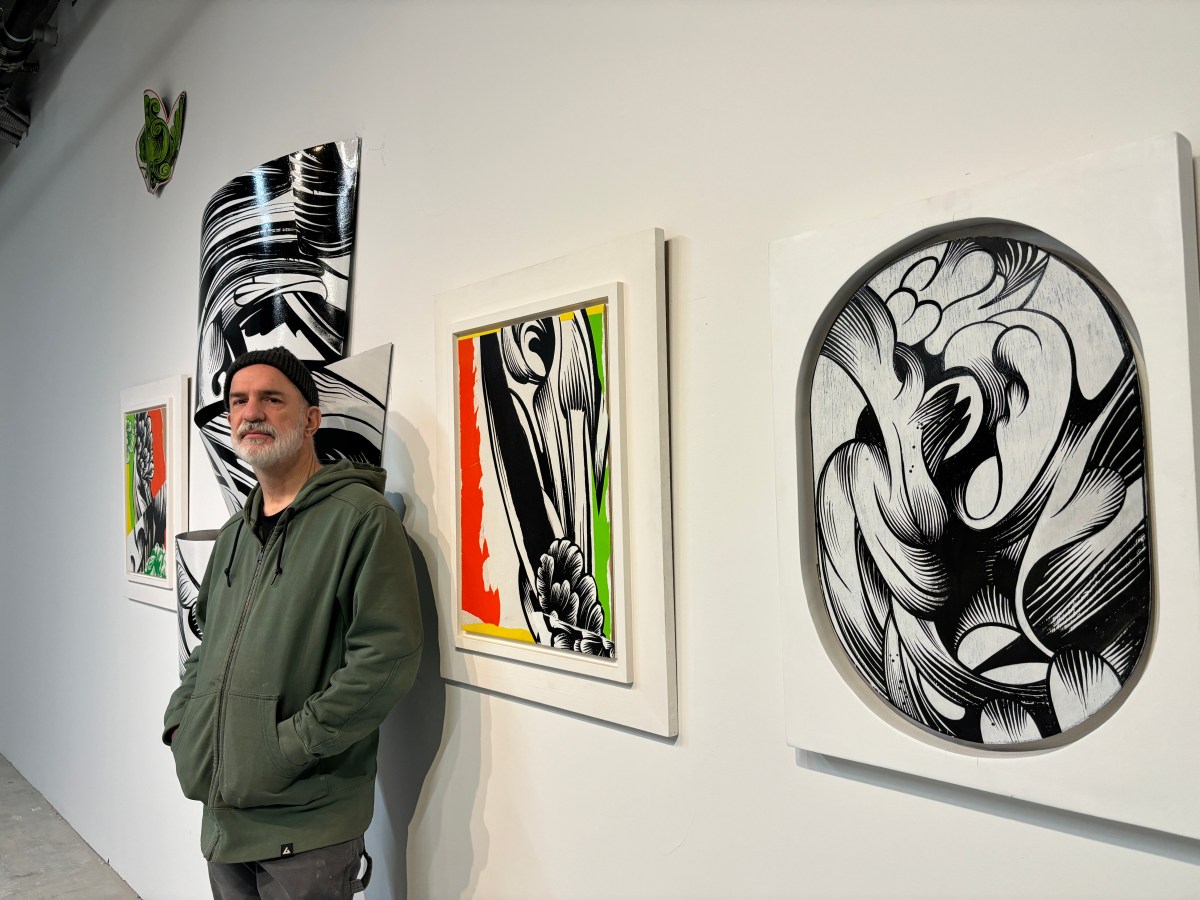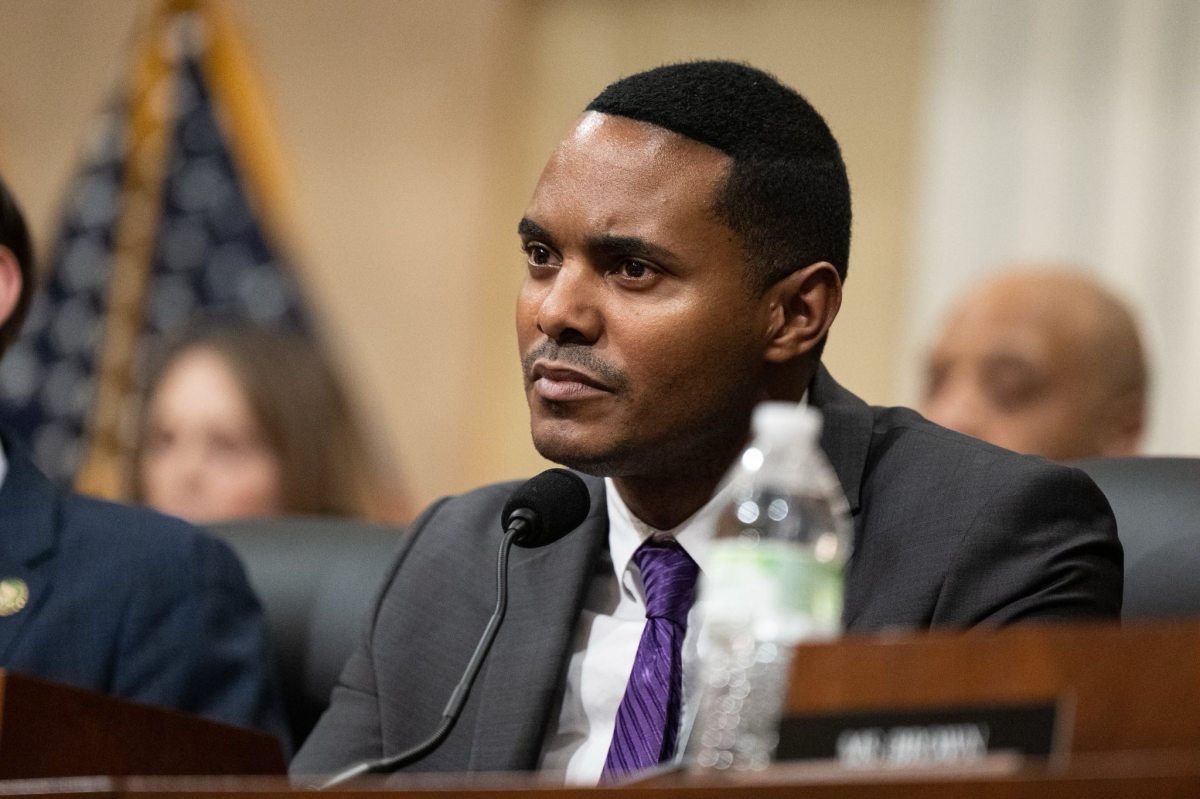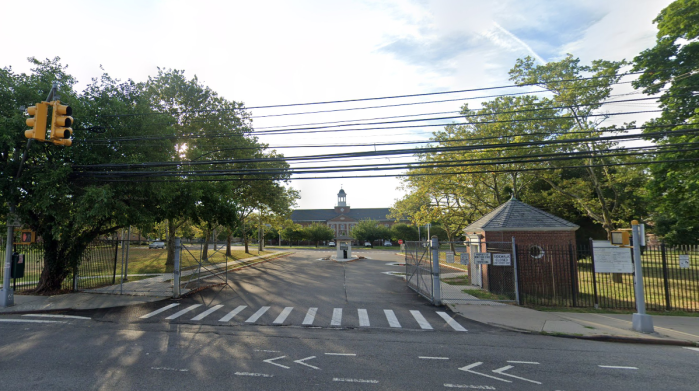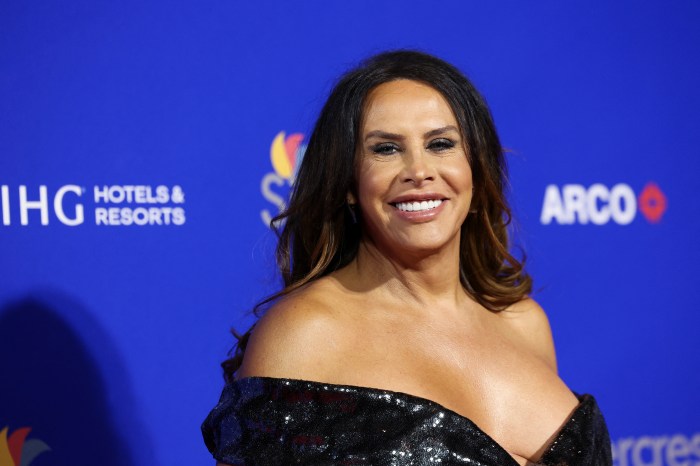
Athens-born and Brooklyn-based doom rock trio Bambara built their last album, “Swarm,” around a broken city landscape, creating the sound of an urban apocalypse. It only makes sense, then, that its follow-up, "Shadow on Everythng," would be a loose concept album about a western town, one that conjures thoughts of Sam Peckinpah rather than John Wayne. But the album’s formation was maybe closer to David Byrne’s “True Stories,” a compilation of tabloid stories moved to one Texas town.
“My brother [Reid Bateh, the band’s main lyricist] developed it just from hearing stories from people about a specific town out west, and he adapted them and made his own world,” says drummer Blaze Bateh.
amNewYork caught up with the latter Bateh to chat about dark turns, dark moods and translating all of it live.
When writing an album that’s conceived around a “western” theme, does that idea spread into the music subconsciously?
Even in our previous album, we kind of established a little bit of a western twang. But it’s hard to say. It definitely could have led to us using more of that, to help build this world in the desert. But it’s definitely not something that we plan to abandon for the next record if the lyrics don’t pertain to that atmosphere. I think it’s worked its way into being a huge part of our sound at this point.
There’s a lot of different instrumentation on this record for a three-piece, independent band.
One of our goals for the album was that, if we had an idea, we wanted to let go of the limitations of a three-piece band. Let’s just see it through the recording, and we’ll figure it out later. Live now we play as a five-piece, but we’re still a three-piece in the studio. On songs like “Wild Fires” or “Backyard,” where the horns are pretty heavy, it’s a challenge to transpose those into the guitar or use noise collages to fill it in. It’s not the exact sounds you hear on the record, but it still has the effect and the punch. We like to think of our live show as a totally different experience anyway — it’s visceral and intense.
Bambara’s music comes across as very dark. Are you three that dark in real life, or is this more catharsis?
It’s hard to say if it’s therapeutic for me. I just know that naturally we’re drawn to more of a darker atmosphere, creatively. Typically, the things we listen to, read or watch are usually of that nature. It’s nothing intentional. It’s just what interests us. When we start writing together, we don’t consciously decide to make something with that kind of vibe, but it just kind of naturally happens.
If you go: Bambara plays at 9 p.m. on Saturday at Rough Trade, 64 N. Ninth St., Williamsburg, roughtradenyc.com, $12



